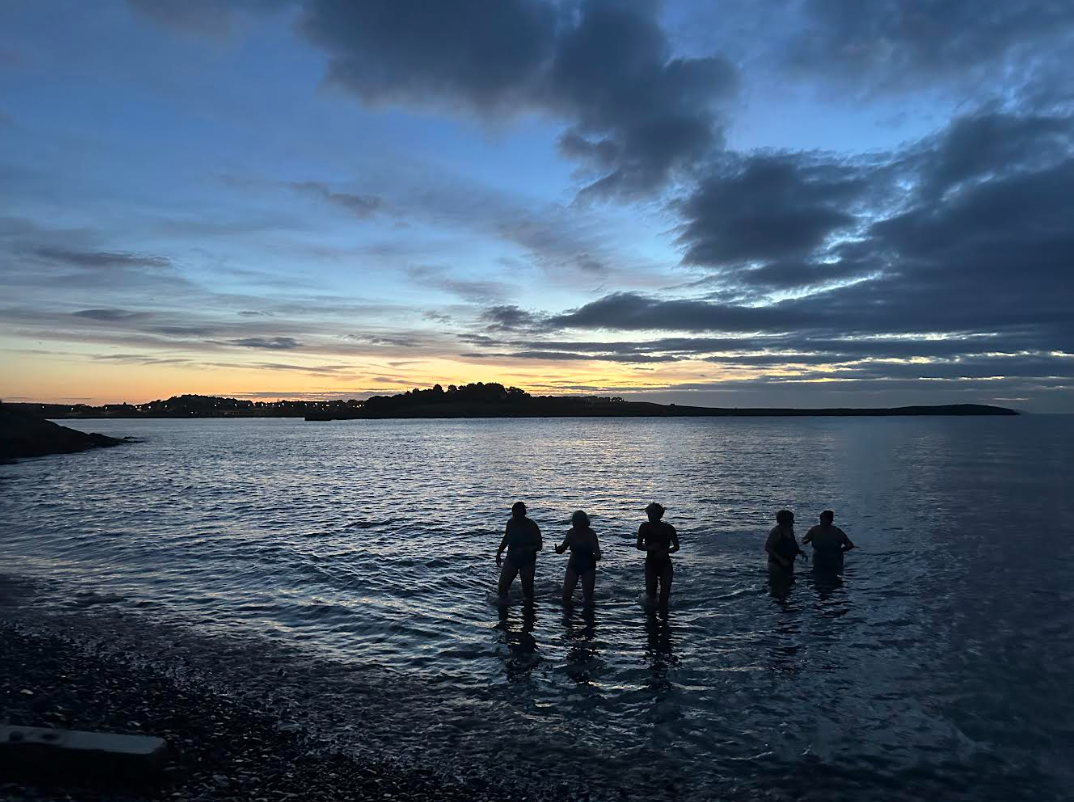by Sofia Brizio
Hijinx is a professional theatre company based in Cardiff, that works mainly with people who have learning disabilities. The company has been around for over thirty years with the aim to change societal perceptions of disabilities by working towards a happier and more inclusive future in which more people are recognised as valuable and contributing to society.
I spoke to the outreach coordinator, Jon Dafydd-Kidd, who explained why February 2018 is a very special month for the company. Hijinx is launching a brand new project designed to bring diversity to Lesotho, Africa, through theatre. Funded by the Welsh government’s programme Wales for Africa through Hub Cymru Africa, it involves a thought-provoking piece of theatre about aspiration and how important it is especially for people with disabilities. “Two years ago, Clare Williams (CEO at Hijinx) and I took a trip to Lesotho. Our mission was to create a network so that we could tour a piece of theatre there. [When we arrived], we realised almost immediately that it was one of the most inappropriate places in the world to take one of our pieces of theatre. It’s a world that we don’t understand. It’s culturally so different. One of our most celebrated pieces at the time, “The Snooks Brothers” was set in an old English bank. The idea of taking something that is so historically relevant to us, but has no relevance there wouldn’t mean anything. So we formulated a new plan, which would be to celebrate a cultural partnership. We work together and we find something through each other’s practice and each other’s creativity which we can celebrate”.
The celebration of a different kind of creativity lies at the heart of the Able to Act project. From the 10th to the 25th of February, a group of actors with Down Syndrome will tour around Lesotho to show that people with disabilities can be incredibly talented humans and that their diversity deserves to be celebrated. The actors are very excited because they are aware of the difference they can make in the difficult cultural context that exists in Lesotho. “The point of working in Lesotho is that at the moment there’s a lot of written legislature about disability. However, if you go outside of written paper, disability is seen as a curse. If you’re born with a disability, you’re left at the side of the road. If you saw someone with a disability and you were pregnant, you would cross the road so you don’t ÔÇÿcatch it’. It’s a very different and very sad picture”. There’s a need for people to adhere to the existing policies formulated by the Lesotho government; this new piece of theatre aims to make people understand that disabled people are not defined by their disability, and most of all they are not a curse.
“The whole theme of Able to Act in Lesotho is aspirations. During our trip in 2016, Clare and I came across this little hut on the side of the road. On the back of it, in chalkboard paint, there’s a massive black rectangle, and on top of it in capital letters there’s the word ÔÇÿKE LABALABELA HO BAÔǪ’ and then four columns of the same text written out, which is ÔÇÿI aspire to be’ and then a line. It’s open for [anyone] to come and fill in with what they aspire to be. Only two people had filled it in. They said they were going to be a doctor and an accountant. I get why they wrote that, because that’s how you make money and that’s how you support people. But it raises questions as to why nobody else wrote anything. Do they understand what ÔÇÿaspire’ means? Do they know that they can have dreams? That they can do something other than just the jobs that will earn them money and that are probably unrealistic in terms of achievement because of the education system?”.
In Lesotho, you don’t need to speak the English language at the stage of primary education. What the actors have been working on is not a finished piece of theatre. It is a framework in which the young people Hijinx is working with in Lesotho can implement elements of their own culture towards a performance based on movement and non-verbal communication rather than on words.
With this ground-breaking project, Hijinx conveys the important message that people with disabilities need to stand as equals if not to be celebrated for the unique type of creativity and talents they are gifted with. What Hijinx does represents a big step towards initiating a new dialogue around disability and representation. Their academies across Wales train professional actors aided by a wide network of volunteers, support workers and tutors. If you would like to get involved as a volunteer working inclusively through creative practice, you can send an e-mail to Jacqui.onions@hijinx.org.uk.
You can also donate to support Hijinx through their website .
Follow Hijinx Theatre on social media: Facebook Twitter Instagram



